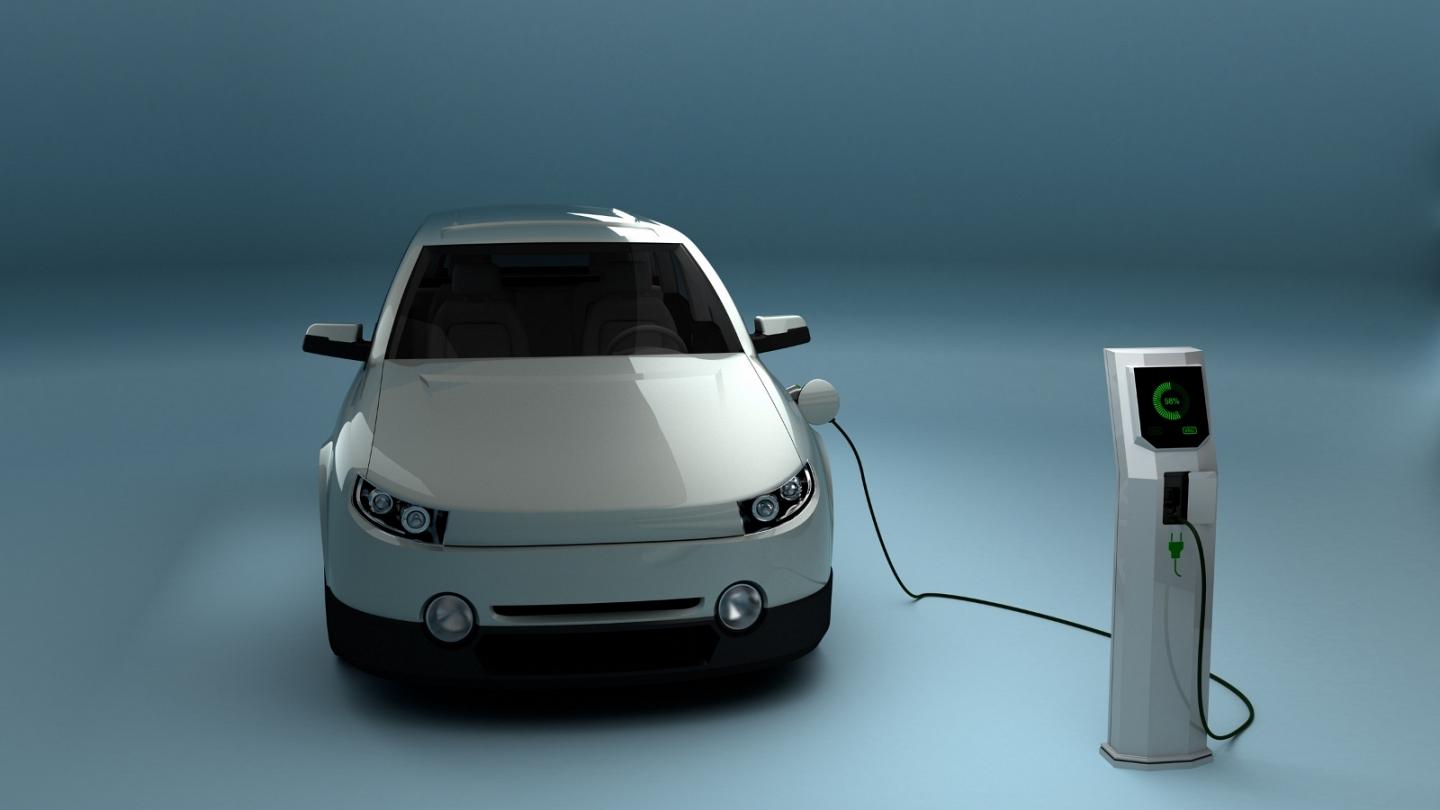VDA: Continue to promote plug-in hybrids
The days of high purchase premiums for electric cars are probably over, plug-in hybrids are not to be subsidised at all from 2023.
At least, these are the plans of Federal Economics Minister Robert Habeck. The car manufacturers are not happy about this. According to Andreas Rade, managing director of the VDA, the plug-in hybrid is needed as a "bridge-builder". In an interview with EDISON, Rade shows why, in the opinion of the car industry, a continuation of the plug-in hybrid subsidy is necessary to achieve the climate targets.
For the car industry, it is enormously important that the plug-in hybrid remains in the subsidy scheme, as it is the ideal entry into electromobility. The technology offers the security of arriving at one's destination even if it is not yet possible to charge everywhere along the way. In addition, the industry would gain time to be able to adapt to the transformation. The car industry had therefore worked out its proposals on how subsidies could be linked more closely to electric use. Rade considers the abolition of subsidies for plug-in hybrids to be a devastating signal to customers that would massively slow down the ramp-up of electromobility in Germany. According to current surveys, drivers do not yet have sufficient confidence in the charging infrastructure, which is why the plug-in hybrid is needed as a "bridge-builder".
Plug-in hybrids are often criticised for predominantly running on the combustion engine. Rade thinks this is a big mistake on the part of drivers and therefore has no problem if proof of electric driving should become a prerequisite for further funding. The Ministry of Economics, however, considers this to be impractical. Rade counters that there are already various readout options. It would only be necessary to reach an agreement so that the necessary technical precautions could be taken in the vehicles.
The VDA also advocates linking the environmental bonus to the time of order. Currently, the delivery or registration of the vehicle is the decisive factor, which is a great disadvantage for customers because of the long delivery times. In addition, there should be a shortened depreciation option for car manufacturers for new builds or conversions in the factories to be able to lower the prices for electric cars more quickly. Rade, on the other hand, is sceptical about an increase in the industry's share of the subsidy - as proposed by Habeck. The industry would already have made a significant contribution to achieving political goals with its own money, although the conversion of model ranges and factories would cost billions.
It would also be important not to change the taxation of company cars. A secondary market for electric cars could be built up via company cars when they become used cars. To tackle the current challenges together and reduce uncertainties, Rade, therefore, calls for another car summit with all stakeholders. Also at a separate charging summit, all those who are important for the expansion of the charging infrastructure should have their say, i.e. petrol station and service station operators, parking space managers and energy suppliers.
